
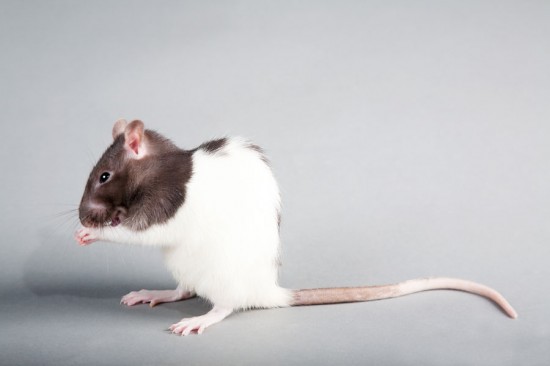
Rats are generally hardy animals, and plenty of them live long and happy lives without ever suffering from any major health issues or needing veterinary treatment. However, it's worth noting that there are a variety of potential health problems and illnesses that your pet rat may fall prey to, so it's important to be on the look out for the early warning signs of sickness and act accordingly.
Some of the most commonly observed health problems in pet rats are detailed below.
Your pet rats will generally be more active at night than during the day, and you should get used to their behaviour patterns in order to identify out of character behaviour. If one of your rats consistently does not take part in the usual group rough and tumble, shows defensive aggression to the other rats, or is generally lethargic, this is cause for concern. Similarly, if the rat is not eating, disinterested in treats and not alert or interested in interacting with you, you should pay attention.
Your rat's coat should be smooth and sleek, and changes in the condition of the coat can be an early indicator of the onset of illness. A 'starey' coat (where the hair appears to be standing on end, or is disturbed and not smooth to the touch) should always be considered indicative of a potential problem.
Any problems with your rat's breathing can be an indication of respiratory distress, which left untreated, can lead to permanent damage of the respiratory tract.
The majority of pet rats carry an organism called mycoplasma, which dwells in their respiratory systems. While the organism is dormant and not harmful in most cases, some rats are prone to infection from mycoplasma, which usually manifests in juvenile rats as prolonged periods of sneezing caused by bacterial infection. This can lead to potential complications and secondary infections such as bronchitis, lung abscesses and pneumonia, so early treatment is vital.
Generally speaking, occasional sneezing in rats is not necessarily cause for alarm, unless it is recurrent or prolonged. Rats can fall prone to irritation, colds and dust inhalation just like people, so while sneezing should always be monitored and never ignored, is not necessarily indicative of a serious problem as a standalone symptom.
Your rat's eyes should always be bright, alert and free from discharge. The nose should be clean and not runny. Seeing a red discharge from your rat's eyes or nose can be very alarming, but do not panic- this is not blood. The mucus membranes of rats contains a pigment known as 'porphyrin,' and while seeing porphyrin discharge around the eyes or mouth can be a sign of illness, it also manifests in situations of stress. See if you can pin it down to any environmental factors within your control before seeking veterinary advice.
If the rat is showing any other signs of sickness or the discharge continues for longer than three days, seek veterinary advice.
Parasites such as mites which manifest in rats can lead to problems such as extreme pruritus (itchiness) which can lead to lesions and scabs on the skin from constant scratching.
The usual treatment for mites in rats and other pets is a veterinary prescribed pesticide such as Ivermectin. A skin scraping and microscopic examination of the skin slide may be necessary to confirm diagnosis of mites prior to treatment.
Scabs on the skin can also be caused by a dietary problem or food allergy in your rat, so it is important to find the root cause of the problem by removing any potential allergens from the diet, such as foods containing colouring agents, artificial additives, or nuts.
As they age, some rats will develop tumours. Female rats are more prone to this than males. Overweight rats, and those fed on a diet high in fat are most at risk. The tumours are often benign, and start off as a small lump under the skin that steadily grows. They most commonly occur around the area of the groin or armpit.
Unless they become sore, impede movement or ulcerate, they are often best left alone in aging rats, although surgical intervention is sometimes indicated.
Overweight rats live shorter lives than their fit companions, and are more likely to suffer from associated health problems.
Your rat's diet should not be too high in fat, and your rat should be fit and active, and fed a diet appropriate to its age and activity levels. Rats are notorious for enjoying sweet treats and foods that are bad for them- a bit like people in that respect! So it's up to you as their owner to monitor their diet and make sure that they're eating appropriately and not receiving too many treats, or the wrong kind of snacks.
Rats control their temperature through their tails and the soles of their paws. When the weather heats up, it's important to protect your rats from heat stroke or heat exhaustion. Make sure there is sufficient air circulation in their cage, perhaps placing a fan in the room with them. You might also want to consider adding a couple of ice cubes to their water, and even providing a shallow 'paddling pool' in the cage which they can use to cool off.
Rats also enjoy frozen treats like peas and other frozen vegetables, and there's no reason why they can't enjoy the summer just as much as you can!
This list is intended as a guide to some of the common problems and symptoms to watch out for in your pet rats. It is not intended to be exhaustive, or to be used in place of a professional veterinary diagnosis. Early diagnosis and prompt treatment will give your rats the best chance of a full recovery in the event of any disease or illness.
Check your rats over every time you handle them for any indication of ill health or illness, and seek veterinary advice if you have ay concerns.
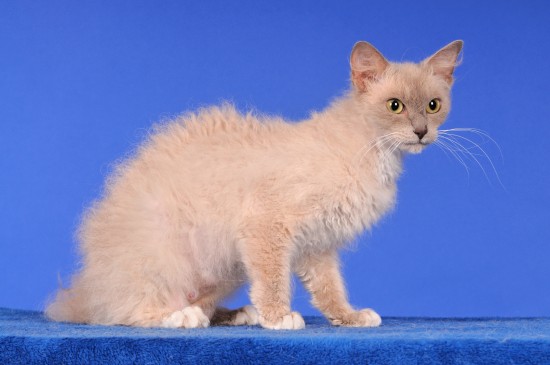 All About Laperm Cats In The Uk, And What Is Required For Pedigree Registration
All About Laperm
All About Laperm Cats In The Uk, And What Is Required For Pedigree Registration
All About Laperm
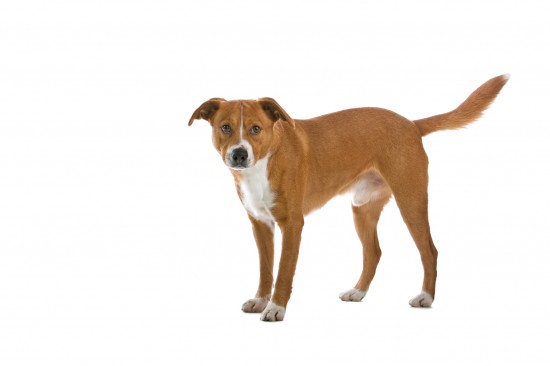 Is The Austrian Pinscher A Good Choice Of Pet?
Is The Austrian P
Is The Austrian Pinscher A Good Choice Of Pet?
Is The Austrian P
 Five Ways To Make Life Easier For Your Dog With Allergies This Summer
Five Ways To Make
Five Ways To Make Life Easier For Your Dog With Allergies This Summer
Five Ways To Make
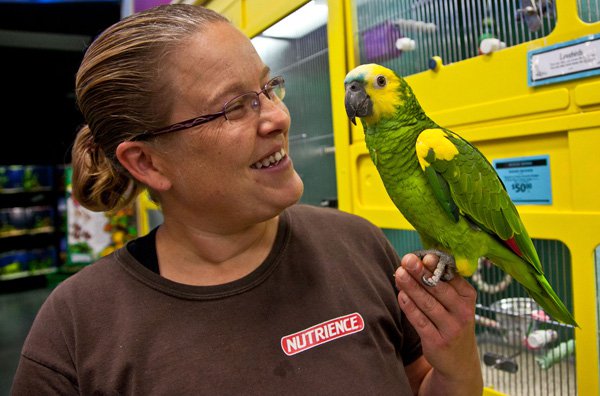 3 Pet emergencies and how to handle them
3 Pet emergencies and how to handle them
Pet o
3 Pet emergencies and how to handle them
3 Pet emergencies and how to handle them
Pet o
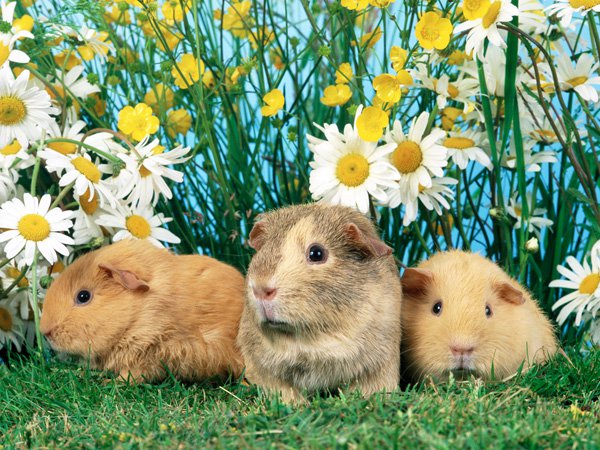 Handling Pets Using Most Recommended Methods For Health
Handling Pets Using Most Recommended Methods For Health
Handling Pets Using Most Recommended Methods For Health
Handling Pets Using Most Recommended Methods For Health
Copyright © 2005-2016 Pet Information All Rights Reserved
Contact us: www162date@outlook.com